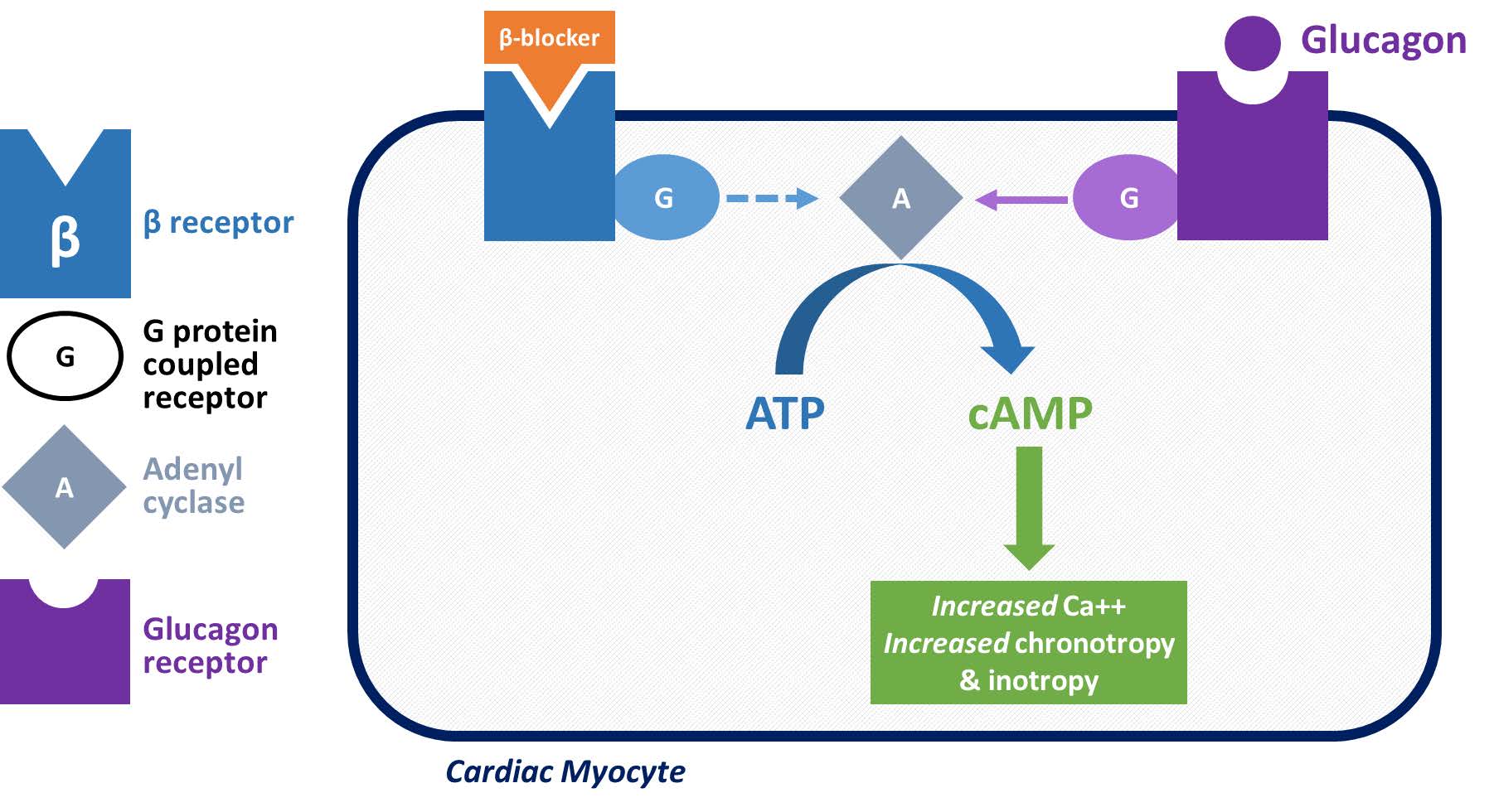

British Medical Association and Royal Pharmaceutical Society of Great Britain, London Google Scholar Health Protection Agency, London Google Scholar Health Protection Agency ( 2010) National Poisons Information Service Annual Report 2009/2010 and Five Year Review.Hong Kong J Emerg Med 14(2): 113–18 Crossref, Google Scholar ( 2007) The use of glucagon and other antidotes in a case of beta-blocker and calcium channel blocker overdose. Lippincott Williams & Wilkins, Philadelphia Google Scholar Arch Intern Med 148(4): 801–2 Crossref, Google Scholar Ehgartner GR, Zelinka MA ( 1998) Hemodynamic instability following intentional nadolol overdose.Durham M ( 2008) Resuscitation of a young woman following beta-blocker overdose.

Toxicological Reviews 23(4): 223–8 Crossref, Google Scholar DeWitt CR, Waksman JC ( 2004) Pharmacology, pathophysiology and management of calcium channel blocker and p -blocker toxicity.JCI 117(1): 86–9 Crossref, Google Scholar DeGeorge BR, Koch WJ ( 2007) Beta blocker specificity: a building block toward personalized medicine.EMJ 20(1): 266–7 Crossref, Google Scholar Boyd R, Gosh A ( 2003) Glucagon for the Treatment of Symptomatic p Blocker Overdose.

Pearson Prentice Hall, New Jersey Google Scholar

Bledsoe BE, Clayden DE ( 2005) Prehospital Emergency Pharmacology.J Toxicol Clin Toxico 41(5): 595–602 Crossref, Google Scholar Bailey B ( 2003) Glucagon in beta-blocker and calcium channel blocker overdoses: a systematic review.Therefore, could intravenous glucagon be considered appropriate for administration by paramedics as a prehospital intervention in cases of symptomatic beta blocker overdose? Paramedics have experience and knowledge of administering intramuscular glucagon as part of their formulary, and possess the necessary skills for obtaining intravenous access. This case report examines an intentional overdose of propranolol, including paramedic prehospital management, and subsequent in-hospital definitive treatment involving intravenous glucagon therapy. Current definitive treatment for these patients involves intravenous glucagon therapy, and as such, glucagon is considered both a first-line treatment and an antidote in cases of symptomatic beta blocker overdose ( Joint Formulary Committee, 2011 National Poisons Information Service, 2011a 2011b). Symptomatic beta blocker overdose is a relatively uncommon, but potentially life-threatening condition ( Sheppard, 2006 Health Protection Agency, 2010).


 0 kommentar(er)
0 kommentar(er)
